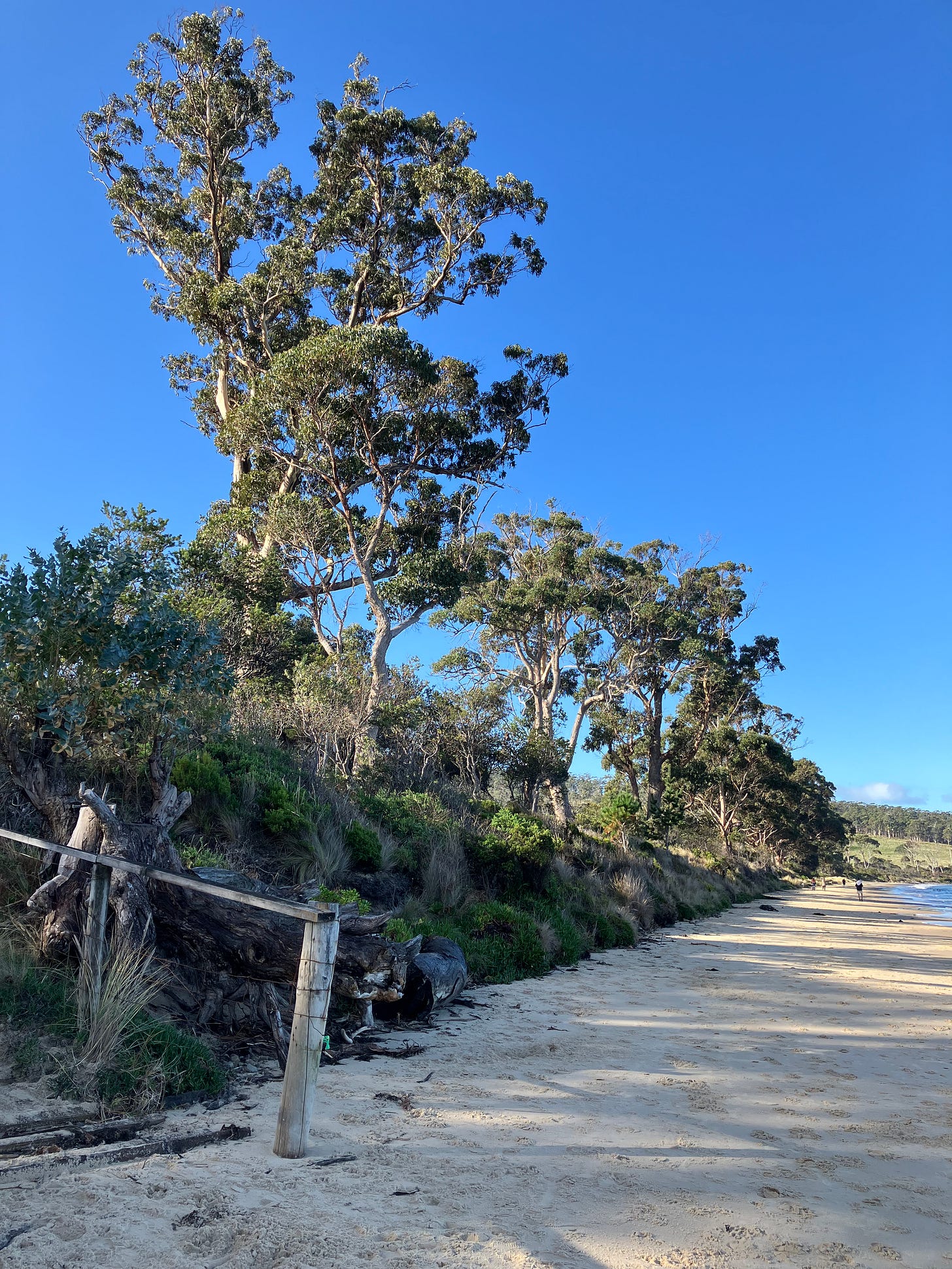suicide?
a permanent solution to a temporary problem.
We are never dealing with suicide. We are always having a conversation with a unique individual.
In ancient Rome, suicide was an accepted, even a noble option. In our present culture, suicide is definitely not acceptable, a sign of moral weakness, and in religious circles, even a sin.
In “Brief Therapy with Intimidating Cases” Richard Fisch and Karin Schlanger recommend that instead of our natural overwhelmed reaction to suicide, we can respond in our usual therapeutic approach and they offer elegant case studies showing the benefits of this possibility.
When we respectfully ask about what is your problem about killing yourself? An individual may be surprised to hear their response to this question. Having a problem with suicide REQUIRES an importance of living, otherwise it would be a “ho hum” experience.
It can be helpful to explore the expected outcome of their suicide. Some will say my spouse, my family, the world would be better off without me. Others may say that people will at last notice me. Whatever their response, this offers opportunities for exploring alternatives.
I like the expression “spitting in someone’s beer”. I remember a man stating that his kids would be better off without him. I’m not sure how much I liked my enjoying replying that If he were to kill himself, his kids would feel guilty - if they’d been better children, been more helpful, obedient, respectful, their father wouldn’t have needed to kill himself - there doesn’t have to be any truth in this, just a natural and predictable outcome. His attitude changed instantly. A young woman who felt “invisible” asid that if she killed herself, people would be forced to notice her absence. When I responded that, yes, they would have to be aware of her absence FOR A TIME, but soon, they would get on with their life and forget about her. If she really wanted to be noticed, she could achieve this by staying alive and doing what would be more effective to be noticed. She liked that option.
I recall a young man who was suffering with thoughts about killing himself. He had no plans, but was disturbed by his thoughts. I told him about a man who was haunted by thoughts of killing his new baby who was comforted by me telling him that I had thought of killing each of my children, just as any normal parent, and hadn’t actually killed any of them, and knew deep down that I would never respond to the thought - after all, it was “just” a thought. He was relieved to hear this.
A young woman was guilty about think of killing herself when she had so much to be thankful for. She was comforted by the recognition that most people were living as a default mode. She was living as a conscious option.
If we ask someone contemplating suicide, “What’s missing for you?” their response - purpose, feeling overwhelmed, coping with a betrayal of trusting, daring to risk - can open an exploration about other ways of achieving this’
My invitation is next time someone speaks of suicide, instead of a natural reaction of being intimidated, to remember that we are never dealing with suicide. We are always having a conversation with a unique individual.
It might not be obvious, but the tree on the left is growing out of a stump of a tree that been there for maybe100 years before it was cut down. It is growing healthy shoots,. and who knows what it will be like in another 100 years


Thank you Rob. Yes. Lovely reminder. Your daily notes and discussions are allowing me to truly appreciate our work, my work, the work we do.
Beautifully written, Rob. This reminder that we are never dealing with suicide, but always meeting a unique individual is deeply important.
Milton Erickson once said, “I am not a big fan of death — in fact, I think it’s the last thing I will ever do.” I’ve had several encounters with people who’ve shared that they were considering suicide, and what I’ve often noticed is a kind of trance — a narrowing of perception where pain feels absolute and possibilities disappear.
In that state, the mind becomes rigid, fixated on a single frame: this pain means there is no way forward. Yet, paradoxically, pain can be the doorway to possibility and change. When we approach that moment with curiosity and compassion, rather than fear or judgment, we often find that what’s really being expressed isn’t a desire for death, but for relief, understanding, or connection.
The egoic response to death — shame, guilt, helplessness — can be heavy. But beneath that, there’s room for forgiveness, for presence, and for reminding someone of their freedom to choose differently.
Words themselves are powerful. Sometimes a person says, “I want to die,” not because they truly intend to end their life, but because that is the only language big enough to hold the emotion they’re experiencing. That’s why listening — really listening — matters. When we help them see that they still hold complete control over their choices, we offer them back their agency, and often, their hope.
Thank you for continuing to bring humanity and humility into conversations where both are so needed.